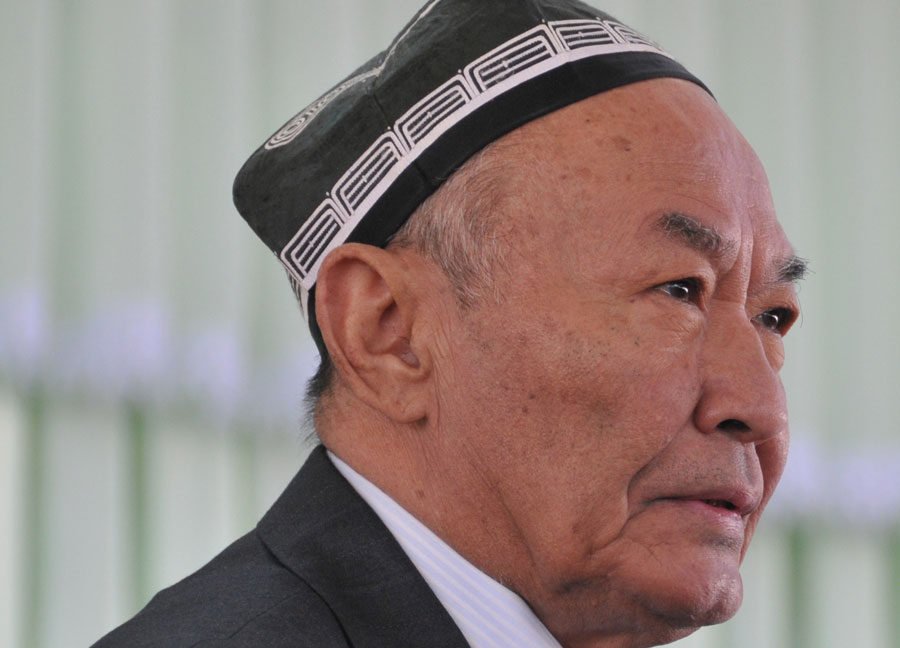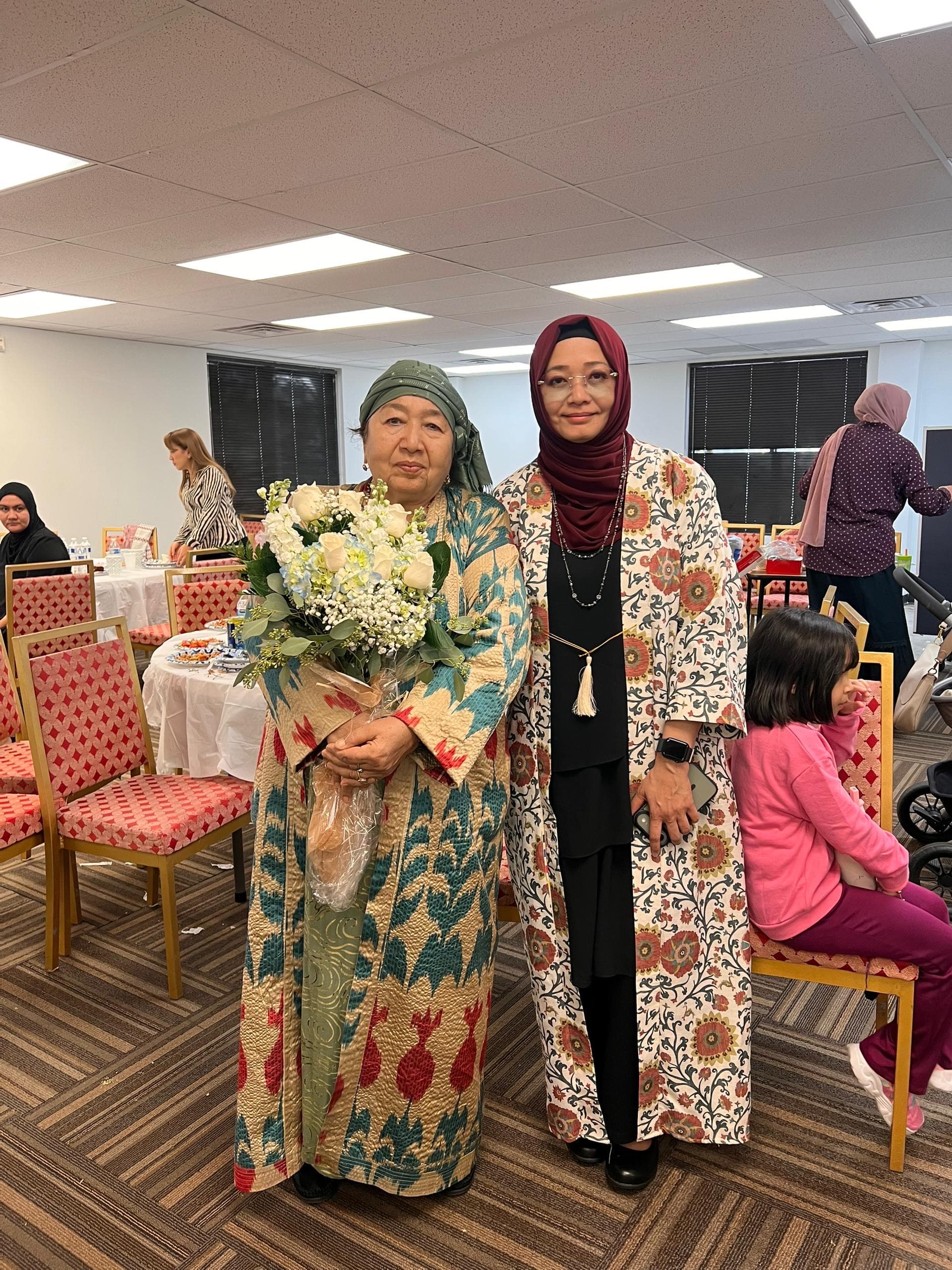Houston Uzbek Community Marks Memorial for Uzbekistan National Poet Abdulla Oripov’s Anniversary
Texas Uzbeks gather to honor legacy of Abdullah Oripov.

The Uzbek American Association of Houston organized a memorial for Uzbekistan’s National Poet Abdulla Oripov on Saturday, November 8, 2025. The gathering, at the request of the Oripov’s wife, honored the late poet’s passing nine years ago in November 2016.
Houston’s Uzbek community marked Abdulla Oripov’s anniversary with poetry, memories and a memorial requested by his wife, who also advanced plans to create a cultural center in his former Houston home.
HOUSTON, November 8— The Uzbek American Society of Houston (UASH) welcomed nearly a hundred members of Houston’s Uzbek community over osh— Uzbek plov (rice with mutton)—to honor Uzbekistan National Poet Abdulla Oripov, on the anniversary of his passing at age 75 in 2016.
Oripov was part of Uzbekistan’s dynamic generation of 1960s writers who reshaped national literature in the late Soviet period. He began publishing poetry as a university student in Tashkent and gave voice to a new moral and national consciousness. Over his lifetime he published more than a dozen collections of poetry and translated major world classics into Uzbek including Dante’s Divine Comedy. Following Uzbekistan’s independence in 1991, he became a central figure in defining the nation’s modern cultural identity, having composed the lyrics of the national anthem.

Oripov’s wife, Khanifa Mustafaeva, left, is joined by daughter, Mavluda Oripova.
Even during his final years in Houston, Oripov continued to write, producing more than two hundred poems that reflected love for his homeland, faith and humanity.
His daughter, Mavluda Oripova, reflected on that enduring devotion.
“His country was always his priority,” she said, adding how literature was his means of serving it. “Poetry simply came to him—he used to say, ‘I just try to catch it.’”
Oripov’s wife, Khanifa Mustafaeva, 75, who had requested the memorial, traveled from Uzbekistan to the Bayou City to attend and lead efforts to convert their Houston home into a small museum and cultural center. During the gathering, she read his poem, “Imtihon” (The test), which calls love of homeland a sacred trial.
“He would have been glad to see people gathering like this,” she said. “It shows that his words still live.”

Mustafaeva stands next to Sayyora To’ychieva, one of Oripov’s students and a poet herself, as she gives a eulogy in the late poet’s honor.
Sayyora To‘ychieva, joined the gathering. As one of his students and a poet herself, resounded Mustafaeva’s sentiment in remembering Oripov.
““We, his students, wherever Abdulla Oripov’s name appears—whatever city it is mentioned in, whatever line of poetry it is found in—will continue the path he opened,” To’ychieva said.
Olim Sharipov, president of the Uzbek American Association of Chicago, joined the event virtually. He called Oripov, “yurting qanotlari” (the wings of the nation), describing him as a poet who gave his nation both voice and lift.
Khudoyor Ortikov, president of UASH, joined by board members of Dallas Ōzbeklari, a nonprofit organization serving the Uzbek community of Dallas, reflected on the importance of the gathering for younger Uzbeks in Texas.

“It’s important for them to see that our culture continues here,” he said.
To’ychieva, speaking on behalf of Oripov’s family, sees the planned Abdulla Oripov Museum and Cultural Center as a place for more than just preserving the literary icon’s legacy. She remains optimistic it will serve as a gathering place for Uzbeks across Texas.
“We pray that the candle we light here, the candle we light in this community, and the candle lit by his wife will all continue to shine,” she said.